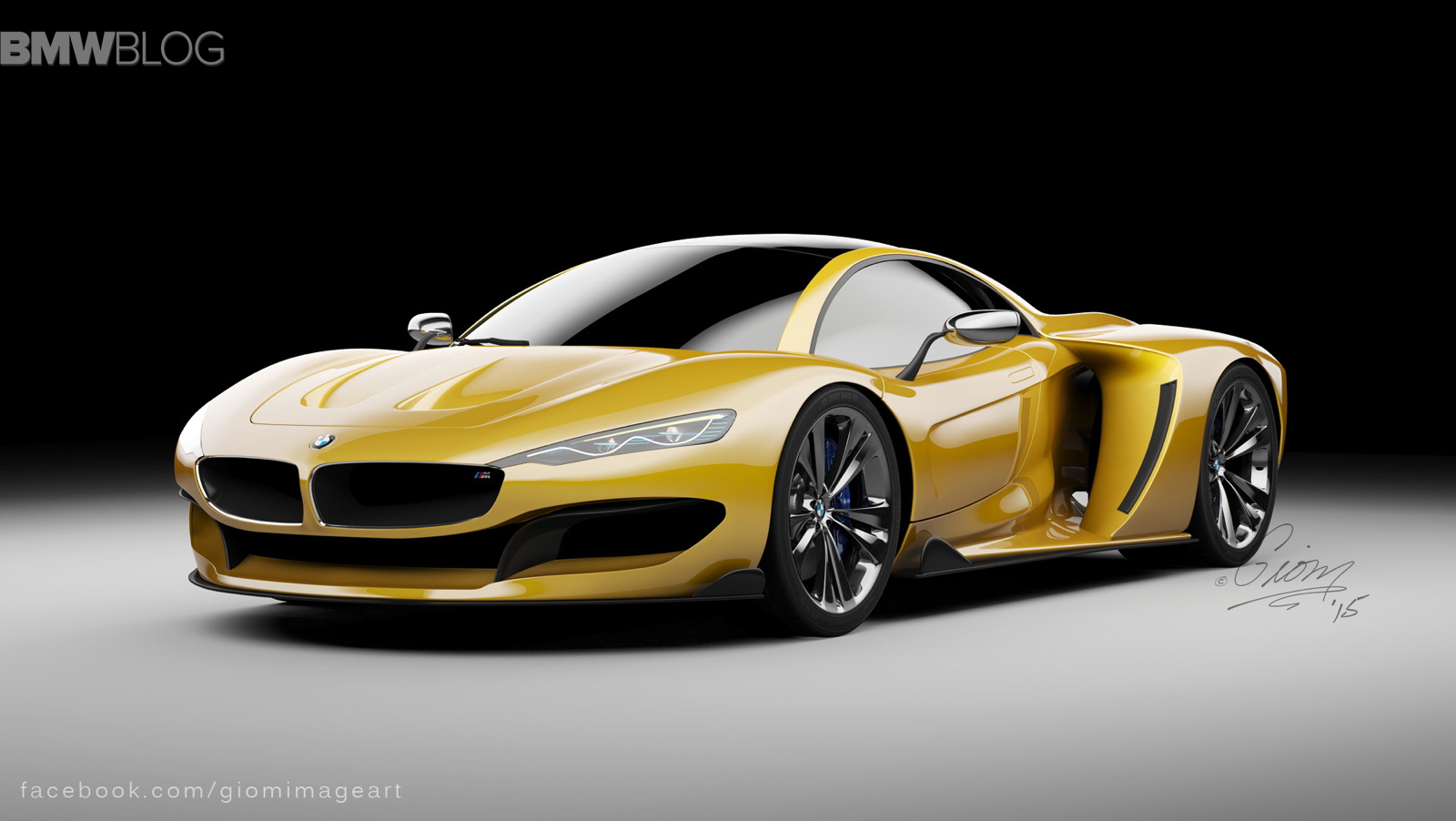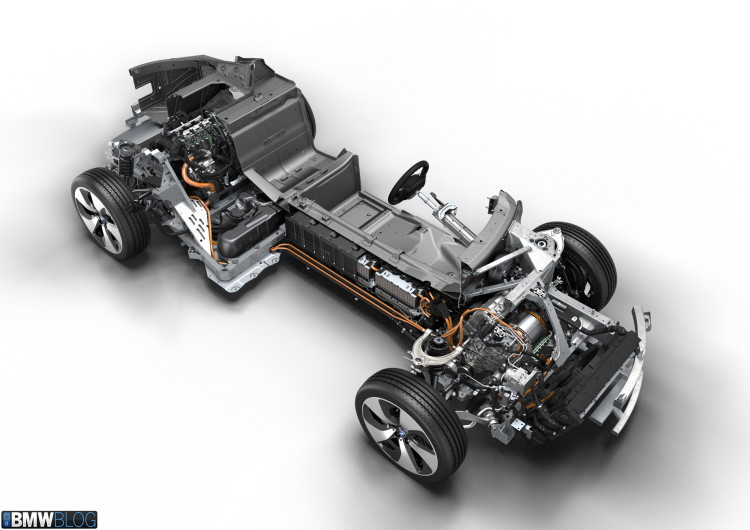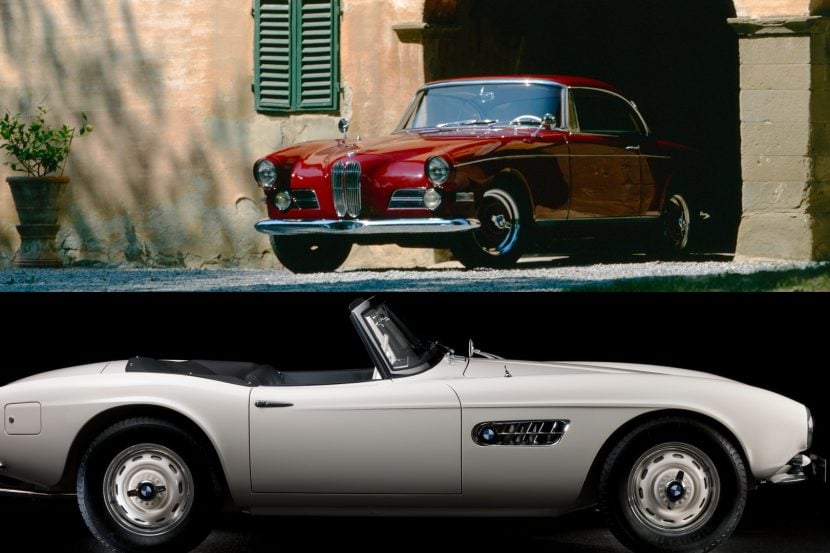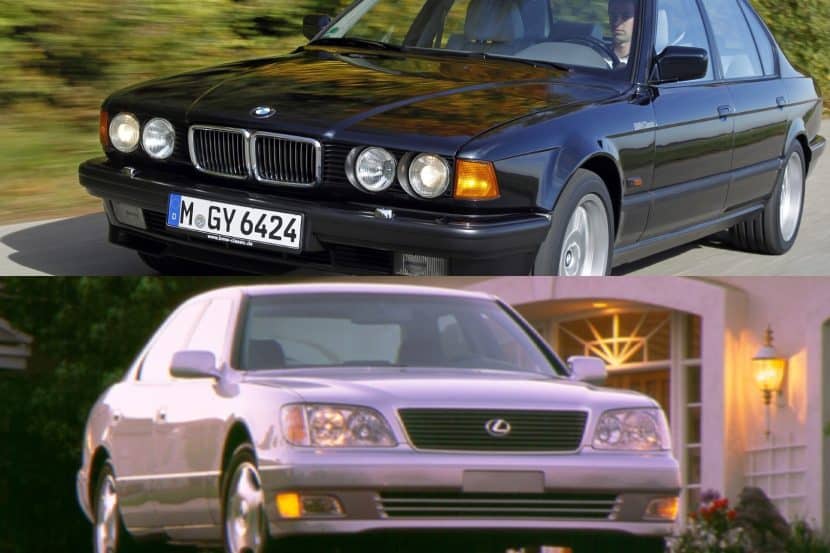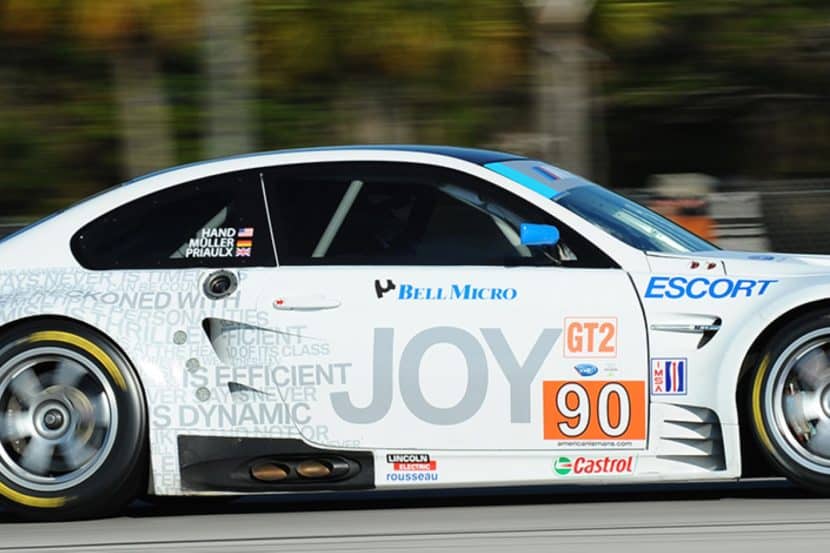The automotive landscape is changing, quite dramatically, right before our eyes. Technology is taking over almost all aspects of the automotive world and it’s happening faster than we could ever have imagined. It seems like only yesterday that carmakers were putting Bluetooth calling into their vehicles and now there are talks of how soon autonomous vehicles will dominate the road. It’s all happening so fast.
But it isn’t just technological gizmos and gadgets that are being implemented into cars. Hybrid technology is available from nearly every automaker, nowadays. I can still remember a time when the Prius was the only hybrid on the road and now even Ferrari has one. Ferrari, McLaren, Porsche and BMW each have a plug-in hybrid performance car to call its own. Hybrids are no longer just economy cars. So if the performance car landscape is shifting toward hybrid technology, would it make sense for BMW to create a plug-in hybrid M car?
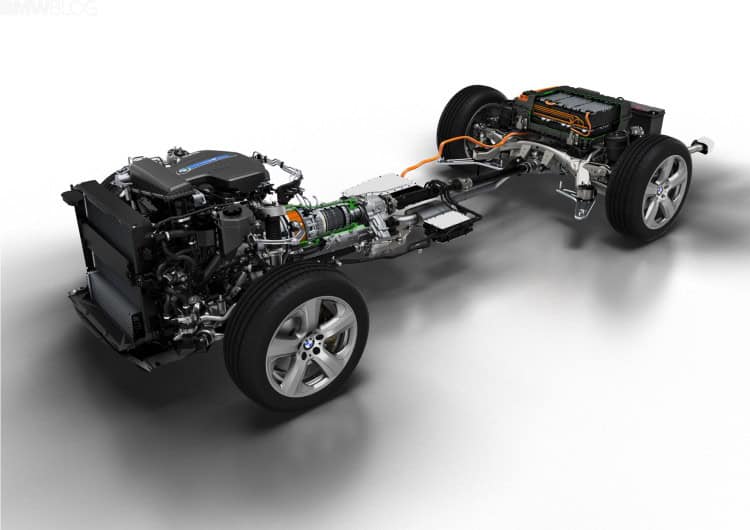
If you were to ask BMW, the answer would be no. According to the Bavarians, hybrid and electric technology is reserved for i division models. But it only makes sense for the M Division to borrow some of that technology. The current performance car can only go so far before becoming obsolete by economic restrictions. Small, turbocharged engines can only be so powerful, efficient and environmentally friendly. There will come a point in time when hybrid technology will be necessary to compete in the performance car world.
M division purists will cry of witchcraft at the advent of a hybridized M3. Loyal fans of BMW’s M were already upset over the recent turbocharging of the M3 and M4. In their eyes, M division cars are meant to be about purity of performance and little else. It’s an understandable feeling, given the nature of all M cars of the past. However, without evolving and looking to the future, their beloved M cars will become obsolete, even in the world of pure performance.
Hybrid technology can be used as a shear performance boost, rather than for economical reasons. Ferrari, for instance, uses hybrid technology to give its LaFerrari’s V12 over 900 horsepower. The LaFerrari has no EV-only mode and falls very short of being economic. But it can do 0-60 in 2.6 seconds and well over 200 mph. I wouldn’t call the LaFerrari one of GreenPeace’s favorite vehicles. But it isn’t only Ferrari which does such things. Both Porsche and McLaren have equally fast hypercars utilizing similar technology. Both the McLaren P1 and Porsche 918 can hit 60 mph in under 3 seconds and do over 200 mph. Both also have an EV mode, where they can drive a certain number of miles on pure electricity, but that doesn’t take away from their mind-bending performance.
If BMW were to create a plug-in hybrid M3, it would be able to increase performance greatly, while also improving economy and emissions. This would allow BMW to keep making the M3 despite whatever emissions or economy restrictions are in place. Not only that, but the performance benefits are endless. Imagine the current M3, only lighter due to more extensive use of CFRP, using the B48 turbocharged four-cylinder engine mated to an electric motor. With such a set up, BMW could easily send the M3 into near 500 hp territory while keeping the weight similar. And because of the electric motor’s instantaneous torque, there would be zero turbo lag, as the electric motor would fill in for the turbocharger until it’s fully boosted, as well as extremely sharp throttle response. With the proper calibration, performance-hybrid setups have similar response to a naturally aspirated engine. So, in terms of feel, a performance hybrid M3 would feel more like the M3s of yore than the current model.
From there, BMW could add all-wheel drive, using two electric motors much like the BMW i8. This would allow ultimate performance with multiple driving modes, making the M3 an even more versatile weapon. Imagine that, an M3 capable of tackling all kinds of weather at ludicrous speeds all while returning excellent gas mileage and producing very little emissions. While that wouldn’t be as romantic or desirable as an E30 M3’s sonorous S14 engine, it doesn’t sound too shabby either.
Hybridizing M cars would give them performance potential far beyond what they currently have. But on top of that performance, they’d also give better fuel economy and less emissions. Such an idea would allow you to have your cake and eat it too. It doesn’t get much better than that.


